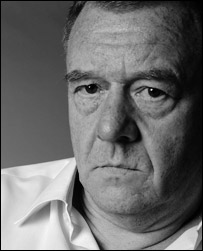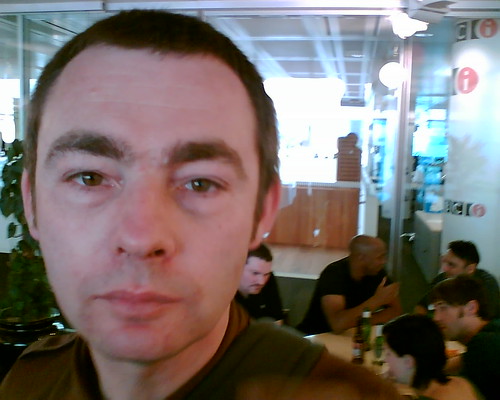Nick Robinson #63 Political Blog in the UK
Probably the best known UK political blogger (behind Guido Fawkes) ; Iain Dale (he reviews the papers on News 24 no less) has been devoting his entire summer to compiling lists of the Top political blogs. (pdf) in the UK. Clearly no slacker, he has put together no less than five Top 100s; The overall list, 1 for non-aligned and 1 each for the tories, labour and lib dems.
And in the overall top 100 Nick Robinson is ....er, #63. Iain's criteria was
I marked each blog out of ten on the following 10 areas: design; frequency of posting; writing ability; personality; comment; humour; range; interaction; popularity; independence of thought. This generated a mark out of 100.Obviously this is subjective stuff. But oddly Adam Boulton is at #12. Are they so different in what they attempt to do ? More great feedback on BBC blogs in todays Independent profile of who they call the "BBC's Westminster Rottweiller".
"(Nick Robinsons Newslog is) a site on which he is depicted with the sort of graphic art more often found on the covers of drum'n'bass compilations."
Really ?




